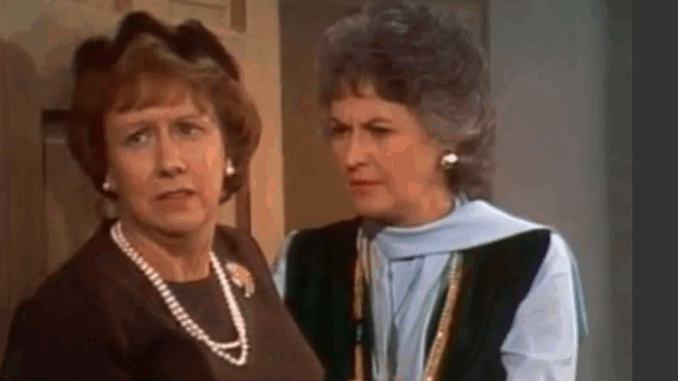
Among the many memorable characters in the groundbreaking 1970s sitcom All in the Family, Maude Findlay stands out as a fiery, outspoken cousin of Edith Bunker. Introduced as a recurring character, Maude’s sharp wit and progressive views made her a perfect foil to the conservative, often stubborn Archie Bunker.
Played brilliantly by Bea Arthur, Maude was more than comic relief—she was a symbol of the cultural and political shifts rocking America at the time.
Maude’s Role in All in the Family
Maude appeared in several episodes of All in the Family starting in 1971. Her presence immediately brought tension and lively debate to the Bunker household. While Archie represented the old-school, blue-collar American conservative, Maude was his ideological opposite: educated, liberal, feminist, and unapologetically outspoken.
The clashes between Archie and Maude were some of the show’s most compelling moments, tackling topics like women’s rights, civil rights, and generational divides with humor and seriousness.
Why Maude Became a Cultural Icon
Maude was more than just a character in All in the Family—she became a cultural icon for several reasons:
-
Feminist Voice: At a time when feminism was gaining momentum, Maude’s character boldly challenged traditional gender roles.
-
Social Issues: Maude’s liberal views on race, politics, and equality directly confronted Archie’s conservative ideals, reflecting real societal tensions.
-
Complex Character: Unlike many sitcom characters of the era, Maude was nuanced—strong but also vulnerable, fiery yet compassionate.
Her popularity was so strong that it led to the creation of the spin-off series Maude, where Bea Arthur’s character was further developed and given a platform to explore even more daring topics.
The Impact of Maude’s Character on Television
The introduction of Maude into All in the Family was a turning point for television sitcoms. It showed that comedy could tackle controversial social issues head-on without losing its humor or heart. Maude’s character helped push the boundaries of what was acceptable on network TV, influencing countless shows that followed.
